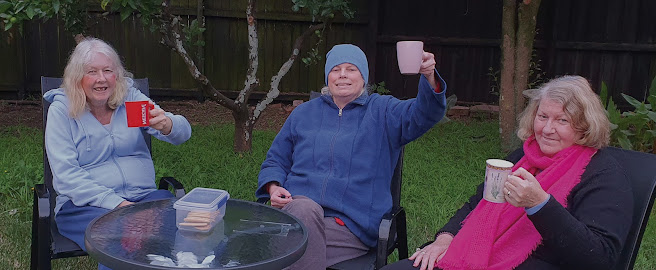Support workers are essential to our mission.
You will be a daily source of support and encouragement to our clients, guiding them in overcoming a myriad of conditions and levels of difficulty, making it possible for them to meet their goals and move forward to live predominantly independent lives.
Nextt focuses on showing that we support worker jobs Brisbane and the community of amazing, able clients in changing their lives for the better. We are recruiting like-minded, experienced team members who will share our excitement at helping people help themselves to learn independent living to a comfortable and successful degree for each of them.
Each one of our team members will be a major player in creating and maintaining a healthy, adaptable community that focuses on the training and growth of our uniquely gifted clientele.
Support worker jobs Brisbane | Why work with Nextt?
As a Nextt team member, you will be provided with impactful, consistent projects to share with the community of clients, projects which are matched to your own set of skills and interests. This ensures that you will enjoy being an integral part of a team of caring individuals and outstanding care workers. A balanced, fulfilling work- life situation provides the most advantageous option for progressive opportunities and career growth.
What training is offered?
Nextt proudly provides a wide array of categories for the training of our team members. We do this so that each person will be ready and able to share the most effective core skills with our clients in order to help them build their own successful skill set. Training topics that help support worker jobs Brisbane may include:
1. Foundational skills
2. Negotiation
3. Complex behaviour
4. Restrictive practices
5. Work safety
What you'll be doing?
Along with working with the Nextt care team, you will be helping our clients with disabilities to learn self-reliance, independent living skills, personal care, and healthy self-esteem. You will be responsible for helping them to learn how create happy and fulfilling futures for themselves. The work you do will be complex and challenging at times, but you will soon discover that there is nothing that compares to sharing in the feeling of success that comes with helping to change someone's life for the better.
Related Link:




